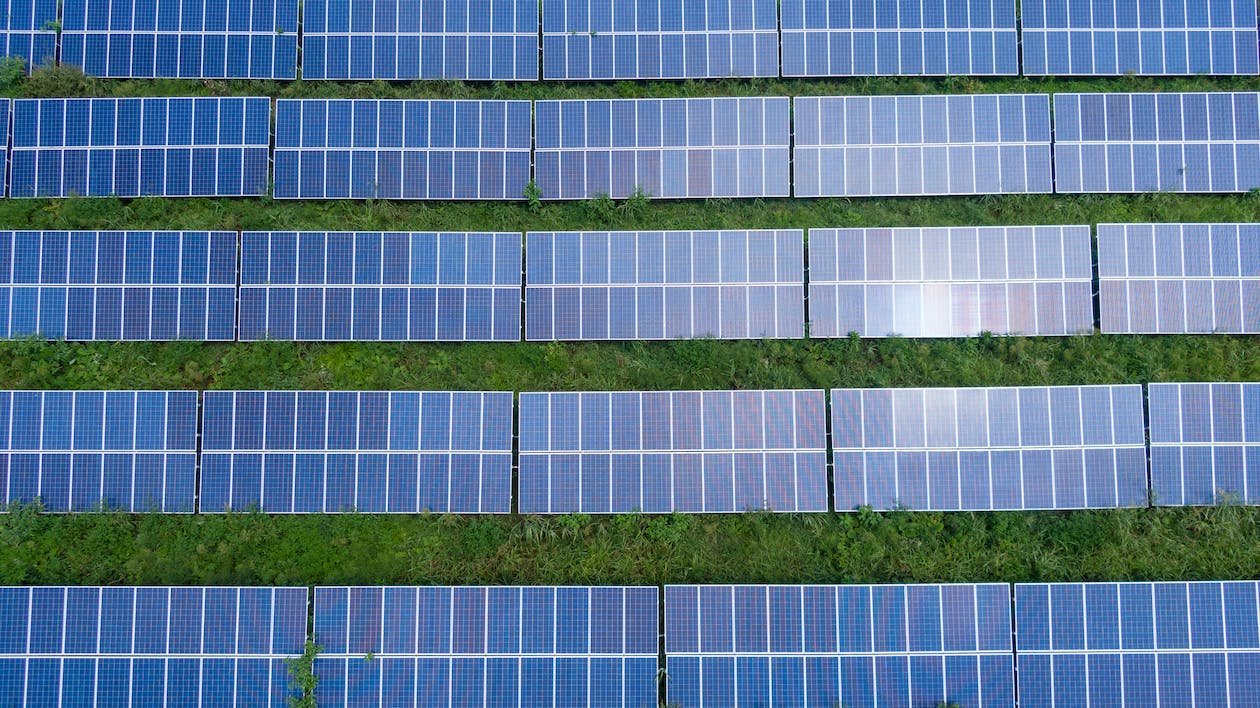Key Responsibilities and Benefits of a Solar EPC Contractor

Installing a solar energy system is a complex and intricate process that requires specialized knowledge and expertise. A Solar Engineering, Procurement, and Construction (EPC) contractor plays a crucial role in the successful execution of a solar project. In this blog post, I will explore the key responsibilities and benefits of solar EPC contractors, highlighting their importance in ensuring a smooth and efficient transition to clean and renewable energy.
Responsibilities of a Solar EPC Contractor:
System Design and Engineering:
One of the primary responsibilities of a solar EPC contractor is to design an optimal solar energy system tailored to the specific needs of the client. They assess various factors such as the available space, shading analysis, energy consumption patterns, and local regulations to create a customized system design. Through detailed engineering, they determine the most efficient layout, component selection, and electrical configuration for the solar installation.
Procurement and Material Management:
The solar EPC contractor takes charge of procuring the necessary components and materials for the solar project. This involves sourcing high-quality solar panels, inverters, mounting structures, wiring, and other supporting equipment from reputable suppliers. The contractor’s procurement expertise ensures the timely delivery of the required materials, adhering to project timelines and specifications. They also manage the logistics and storage of the materials to ensure efficient and organized on-site operations.
Installation and Construction:
The installation and construction phase of a solar project is a critical responsibility of the EPC contractor. They coordinate the deployment of skilled technicians and construction crews to carry out the installation process. This includes mounting the solar panels, installing the inverters and wiring, and integrating the solar system with the existing electrical infrastructure. The contractor ensures compliance with safety regulations, industry best practices, and relevant codes throughout the installation process.
Quality Assurance and Control:
Maintaining a high standard of quality is paramount in a solar energy system. A reputable solar EPC contractor, for example, Zaish Energy implements rigorous quality assurance and control measures throughout the project. They conduct regular inspections, testing, and commissioning to ensure that every component of the solar installation meets the specified requirements. By adhering to strict quality standards, the contractor minimizes the risk of performance issues and ensures the longevity and reliability of the solar system.
Regulatory Compliance and Permitting:
Navigating the complex landscape of permits and regulatory compliance is another important responsibility of a solar EPC contractor. They possess a thorough understanding of local regulations and permitting requirements related to solar installations. The contractor assists in obtaining the necessary permits, ensuring that the project complies with all legal and safety standards. By taking charge of the paperwork and compliance process, they save the client valuable time and minimize potential complications.
Project Management and Timely Execution:
Efficient project management is key to the successful completion of a solar project. The EPC contractor oversees all aspects of the project, including coordination with various stakeholders, scheduling, and resource management. They create a comprehensive project plan, establish realistic timelines, and monitor progress to ensure timely execution. The contractor’s project management expertise minimizes delays, mitigates risks, and ensures a smooth and efficient workflow.
Benefits of Hiring a Solar EPC Contractor:
Expertise and Specialized Knowledge:
Solar EPC contractors bring a wealth of expertise and specialized knowledge to a solar project. They understand the intricacies of solar technologies, industry best practices, and emerging trends. Their expertise enables them to design and engineer solar energy systems that are efficient, reliable, and optimized for maximum performance. By leveraging their knowledge, clients benefit from a customized solar solution that best suits their specific needs.
Warranty Coverage and Support:
Solar EPC contractors often provide warranty coverage for the components and workmanship of the solar installation. This warranty gives clients peace of mind knowing that any potential issues or defects will be addressed promptly and at no additional cost. The contractor acts as a single point of contact for any warranty claims, simplifying the process and saving clients time and effort. Additionally, reputable EPC contractors offer ongoing support and maintenance services to ensure the optimal performance and longevity of the solar energy system.
Risk Mitigation and Safety:
Solar installations involve working with high-voltage electrical components and require adherence to safety protocols. Solar EPC contractors prioritize safety during the installation process. They have the expertise to identify potential safety hazards and take appropriate measures to mitigate risks. By ensuring compliance with safety standards and regulations, the contractor protects both the worker’s and the client’s property. This commitment to safety minimizes the risk of accidents or damage during and after the installation.
Access to Financing Options:
Many solar EPC contractors have established partnerships with financial institutions or solar financing companies. These partnerships allow them to offer clients access to attractive financing options such as solar loans, leases, or power purchase agreements (PPAs). By working with a contractor who can facilitate financing, clients can overcome the upfront cost barrier and enjoy the benefits of solar energy without a significant upfront investment. The contractor can guide clients through the financing process and help them choose the option that best fits their financial goals and circumstances.
Knowledge of Incentives and Tax Benefits:
Solar EPC contractors stay up to date with the latest incentives, rebates, and tax benefits available for solar installations. They can provide valuable guidance on potential financial incentives that clients may qualify for, such as government grants or renewable energy credits. By leveraging these incentives, clients can maximize their return on investment and accelerate the payback period of their solar energy system. The contractor can assist in navigating the application process and ensure that clients take full advantage of the available incentives.
Environmental Impact and Sustainability:
Choosing a solar EPC contractor aligns with the goals of environmental sustainability and reducing carbon footprint. Solar energy is clean, and renewable, and significantly reduces reliance on fossil fuels. By opting for a solar installation, clients contribute to a greener future and play their part in combatting climate change. EPC contractors share this commitment to sustainability and provide clients with the opportunity to make a positive environmental impact through the adoption of solar energy.
Conclusion
By reading the overview of why hiring a solar EPC contractor is advantageous for clients. It showcases the expertise, support, and value that these contractors bring to the table, ensuring a successful and seamless transition to solar energy.



